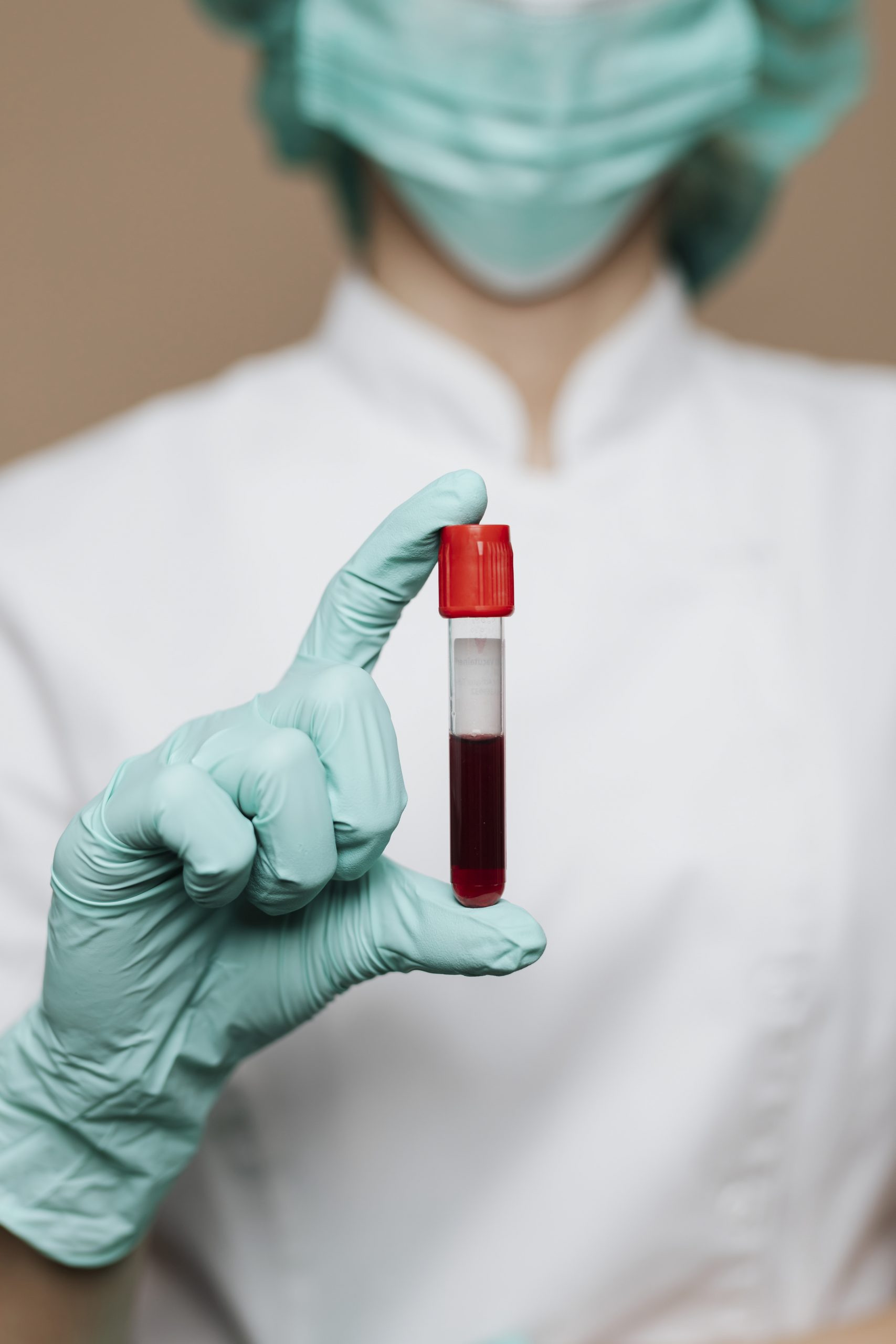

A comprehensive clinical trial of almost 8,700 patients published in the New England Journal of Medicine revealed that a donor’s sex has no effect on the survival of red blood cell transfusion recipients. “Some observational studies had suggested female donor blood might be linked with a higher risk of death among recipients compared to male donor blood, but our clinical trial found that isn’t the case,” said co-lead author Dr. Dean Fergusson, a senior scientist at The Ottawa Hospital, Director of the hospital’s Clinical Epidemiology Program and professor at the University of Ottawa.
Since 2015, when the American National Heart, Lung, and Blood Institute-designated it as a research priority, the potential impact of a blood donor’s sex on recipient survival has remained an unresolved question in transfusion medicine. Some evidence suggested that sex-related changes, such as hormone levels in male and female blood, might impair recipient survival, but the findings of observational studies were contradictory.
“To answer this question definitively, we needed a large, randomized clinical trial, but those studies are incredibly expensive,” said Dr. Michaël Chassé, co-lead author of the study and intensivist at Centre Hospitalier de l’Université de Montréal and associate professor at Université de Montréal. “By embedding this trial in real-world practice and using practical methods, we answered this question for a fraction of what a trial would normally cost.”
Using traditional trial procedures, the study team believes that this experiment would have cost $9 million, but with their novel strategy, it only cost $300,000. The strategy entailed registering every adult patient at The Ottawa Hospital who might require a transfusion, randomly assigning them to receive male or female blood, and then gathering data from existing hospital databases and provincial registries.
Patients did not require to submit a formal agreement to join the trial because male and female blood were considered comparable therapies, and they were given the option to opt-out after the first transfusion. In just over two years, the researchers were able to enroll 8,719 people in their double-blind, randomized experiment using this pragmatic strategy.
The study excluded patients who did not have an Ontario Health Insurance Plan number, those who were severely bleeding and required blood immediately, or those who had a complex antibody profile that made blood unit matching problematic.
During the trial period, study participants were randomly randomized to receive either male or female donor blood at all visits to The Ottawa Hospital. 80% of patients received their first transfusion while in the hospital, and 42% received it during surgery.
The Ottawa Hospital Data Warehouse was used to acquire patient profiles, laboratory and clinical data, and blood bank data. ICES integrated blood donor data from Canadian Blood Services with hospital and health administration data.
The study found no statistically significant differences in overall survival between recipients of male donor blood and recipients of female donor blood.
“Blood is the most common life-saving treatment given in hospitals,” said Dr. Jason Acker, senior scientist at Canadian Blood Services. “As a blood provider, we were happy to help answer this very important question in transfusion medicine. We hope the findings encourage all eligible donors to continue to donate.”
more recommended stories
 Nanoplastics in Brain Tissue and Neurological Risk
Nanoplastics in Brain Tissue and Neurological RiskKey Takeaways for HCPs Nanoplastics are.
 AI Predicts Chronic GVHD Risk After Stem Cell Transplant
AI Predicts Chronic GVHD Risk After Stem Cell TransplantKey Takeaways A new AI-driven tool,.
 Red Meat Consumption Linked to Higher Diabetes Odds
Red Meat Consumption Linked to Higher Diabetes OddsKey Takeaways Higher intake of total,.
 Pediatric Crohn’s Disease Microbial Signature Identified
Pediatric Crohn’s Disease Microbial Signature IdentifiedKey Points at a Glance NYU.
 Nanovaccine Design Boosts Immune Attack on HPV Tumors
Nanovaccine Design Boosts Immune Attack on HPV TumorsKey Highlights Reconfiguring peptide orientation significantly.
 High-Fat Diets Cause Damage to Metabolic Health
High-Fat Diets Cause Damage to Metabolic HealthKey Points Takeaways High-fat and ketogenic.
 Acute Ischemic Stroke: New Evidence for Neuroprotection
Acute Ischemic Stroke: New Evidence for NeuroprotectionKey Highlights A Phase III clinical.
 Statins Rarely Cause Side Effects, Large Trials Show
Statins Rarely Cause Side Effects, Large Trials ShowKey Points at a Glance Large.
 Anxiety Reduction and Emotional Support on Social Media
Anxiety Reduction and Emotional Support on Social MediaKey Summary Anxiety commonly begins in.
 Liquid Biopsy Measures Epigenetic Instability in Cancer
Liquid Biopsy Measures Epigenetic Instability in CancerKey Takeaways Johns Hopkins researchers developed.

Leave a Comment